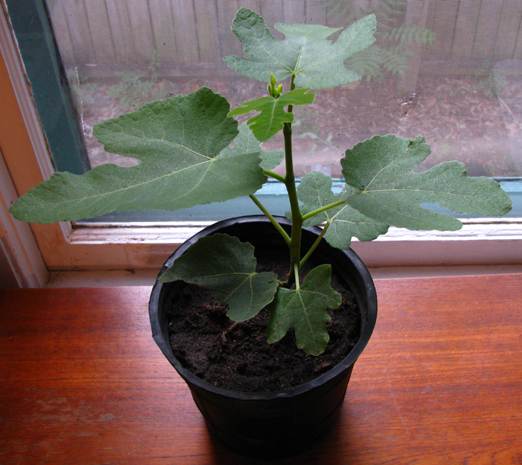Eat Carolina Food Challenge day three
This post is part of the week long Eat Carolina Food Challenge where participants are asked to submit a blog post every day of the challenge. Posts from all the other participants are aggregated on the Carolina Farm Stewardship website.
Socks for Supper, a children’s book written in 1978 by Jack Kent, was my first introduction into an alternate economy. I was four years old when it came out, and it was shortly after that that I received a copy of the book. Although I don’t have the original, I still keep a copy and try to read it to the kids I hang out with. It is a great story and can lead to some great discussions.
The book tells the tale of a poor old couple with nothing to eat but a bunch of turnips. They are glad for the turnips, but they are relatively boring when eaten day after day. They look upon their neighbors’ cow and think of the milk and cheese that they would love to have. Since they don’t have any money, they decide to offer a trade of red socks for some dairy products. The neighbors accept and soon the old woman is taking apart the old man’s red sweater in order to make more socks to trade for more milk and cheese. Soon the old man is sweaterless, and the old woman has only enough string for one sock. The neighbor woman is happy to get the one sock; it is just what she needs.
The neighbor has been secretly using the socks to knit a sweater for her husband. The sweater ends up being too big for the man, so, noticing that the old neighbor is now shirtless, she offers it to him. It fits perfectly of course and everyone has a good laugh…
Where I work, an older couple sells me vegetables off and on during the year. When they come to the store I sometimes send them home with a few potatoes that have gone green or some other produce that still has a use. Over the course of the season they plant the potatoes and harvest enough for the two of them for the year. They will occasionally bring me something. Today they brought me a fig tree, a youngster rooted from an established tree. Within a few years the tree will be producing fruit.
We have provided each other with the means to get food (provided the tree doesn’t die or the potatoes rot out) and established the basis for a gift economy between us. There are no expectations from each other – I often have nothing to send them home with and they don’t bring me trees every week. We have created something new between us that has the ability to resist cooptation.
If we aren’t careful, local eating has the possibility of becoming just another mindless consumer trend. The focus becomes the label instead of what is behind it – real food; family run farms; the basis for a new type of economy, a blend of the free market and the barter market; Community Supported Agriculture; sustainable agriculture schools. We, as the eaters and champions of local food, need to keep community, farming and alternative food systems at the forefront and keep the term locavore above the consumptive abyss.
We need more versions of socks for supper and the patience to defend those simple transactions.
